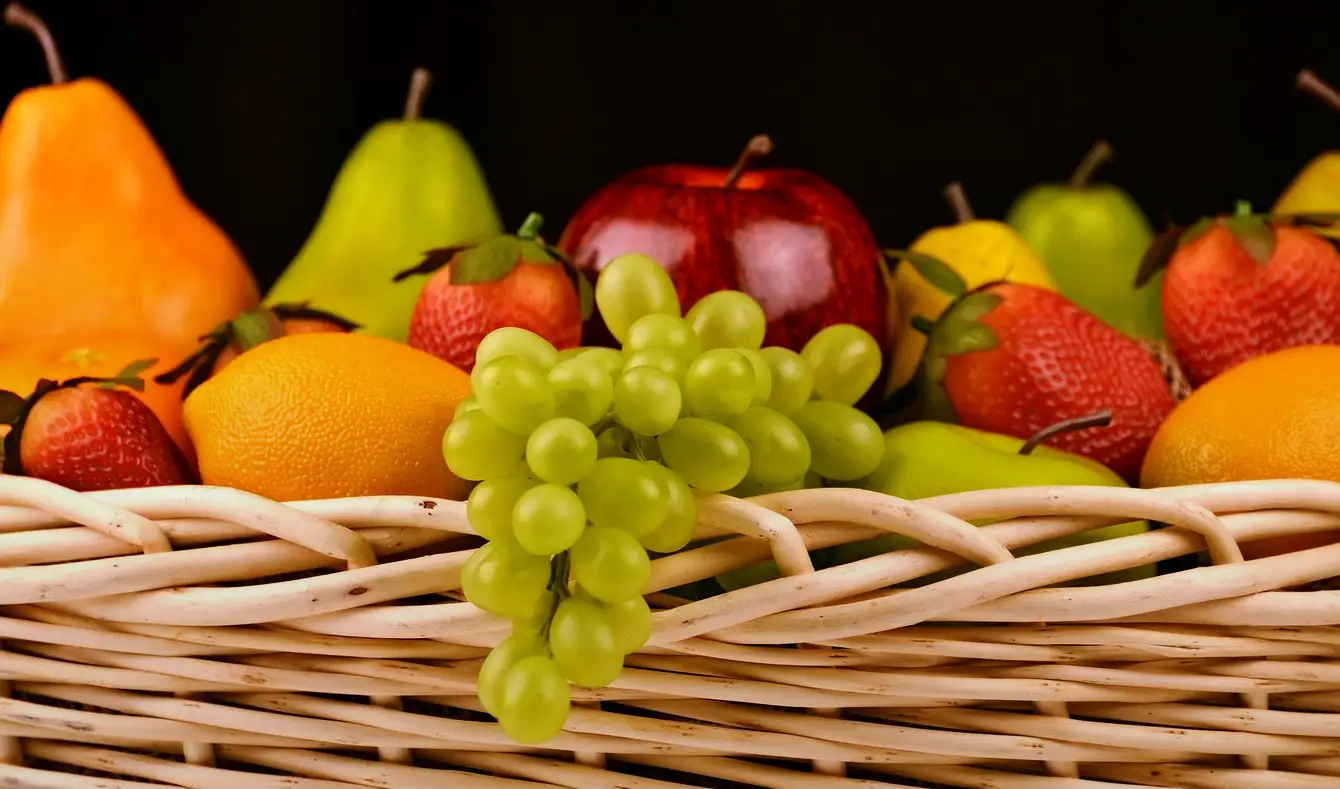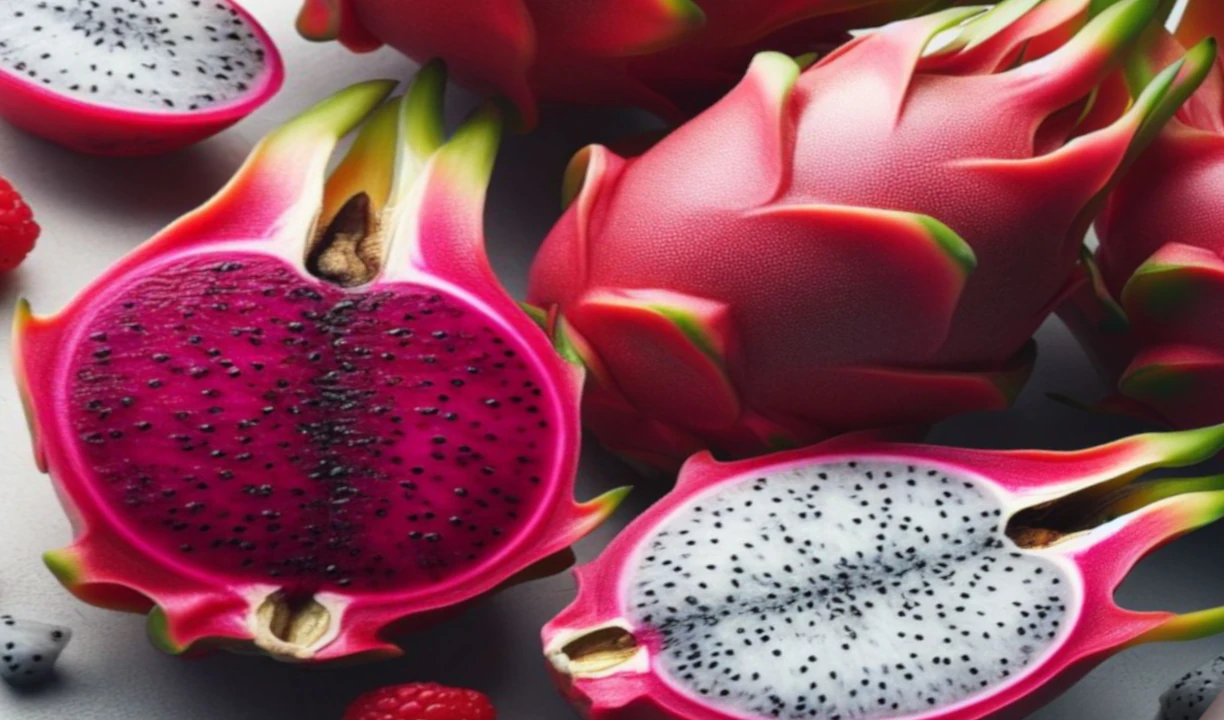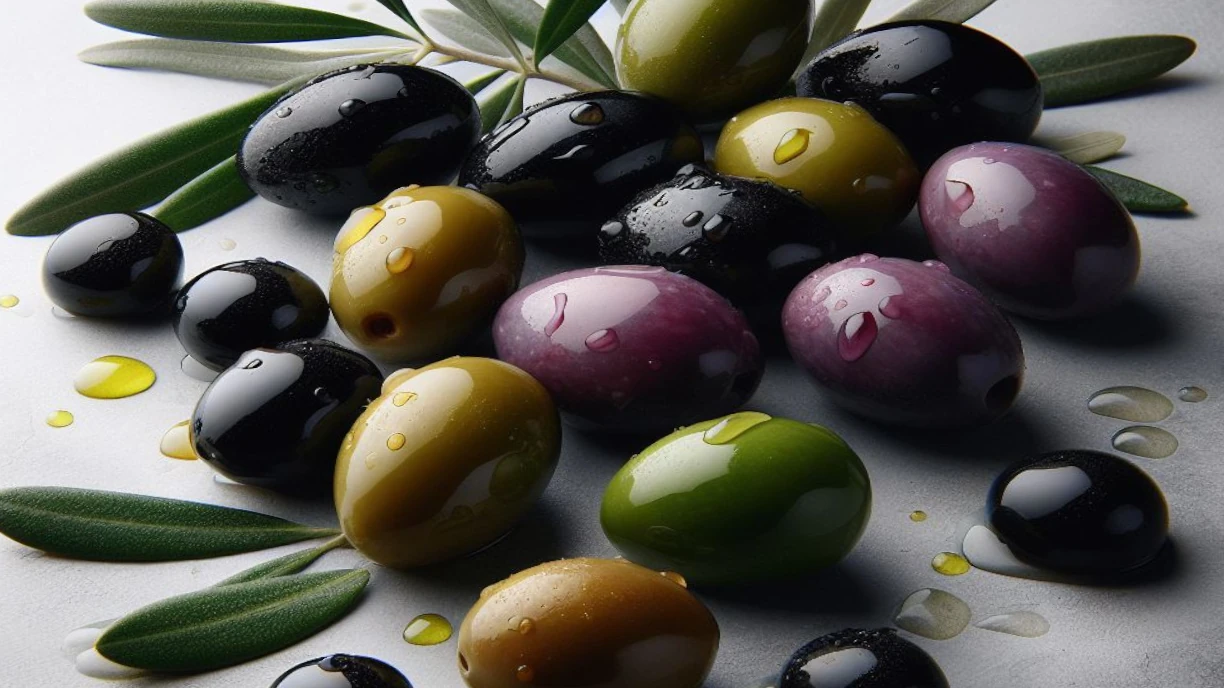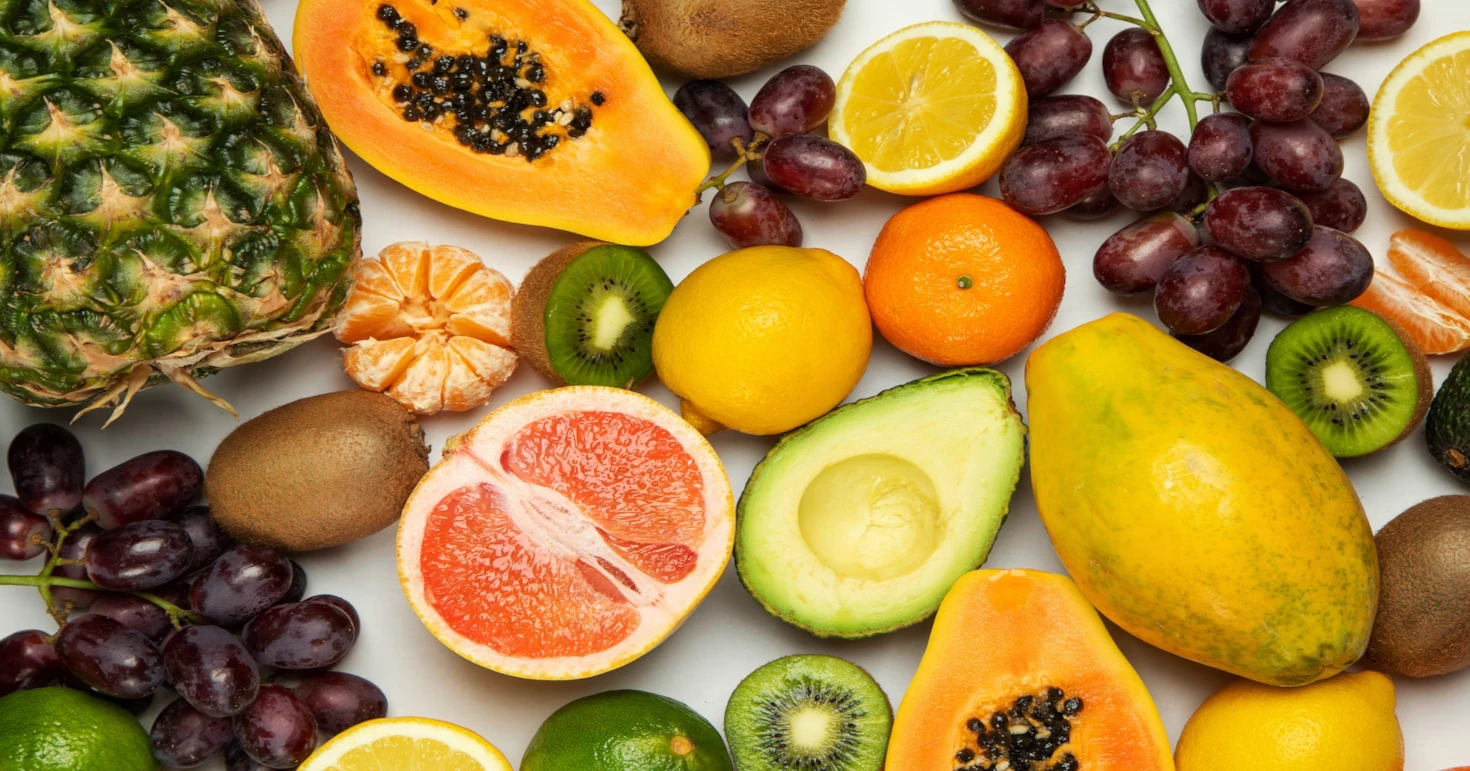Plum Lysine and Arginine Info Sheet
Overview
Plum is a type of fruit that has a smooth and shiny skin and a juicy and sweet flesh. It has a single large seed in the center.Plum is rich in vitamin C, vitamin K, potassium, and antioxidants.
It can help protect the blood vessels, bones, and immune system from oxidative stress and inflammation.
It can also help prevent constipation and lower blood sugar.
| Name | Lysine (mg/100g) | Arginine (mg/100g) | Ratio |
|---|---|---|---|
| Plum | 163.64mg | 134.55mg | 1.216 |
Plum contains 163.64mg of Lysine and 134.55mg of Arginine per 100g of product.
This means Plum has a high Lysine-Arginine ratio of 1.216.
Because Plum contains slightly more lysine than arginine, increasing its consumption may benefit people who suffer from herpes, as it may boost the immune system.
Lysine Considerations
Plum has a moderate amount of lysine, an essential amino acid that is important for protein synthesis, collagen formation, and calcium absorption.
Lysine has the potential to prevent or treat cold sores, which are blisters caused by the HSV-1 virus, also known as herpes.
Lysine operates by working against the proliferation of HSV-1, which relies on another amino acid, arginine, to reproduce and infect cells.
Lysine can only be acquired through our diet, and is present in multiple high-protein foods such as eggs, milk, cheese and yogurt, fish, meat and poultry.
Arginine Considerations
Plum has a low amount of arginine, a semi-essential amino acid that is involved in nitric oxide production, wound healing, and immune function.
Arginine has different benefits for our overall health and performance, such as lowering blood pressure, enhancing wound healing, and increasing exercise endurance.
Arginine can also affect the herpes virus, which causes cold sores and genital herpes.
Studies suggest that arginine may help the virus grow and cause outbreaks, so people with herpes may want to avoid foods that are high in arginine or take lysine supplements to block its effects.
Lysine-Arginine Ratio
Plum has a favorable lysine-arginine ratio, which means that it has more lysine than arginine.
This may help prevent or treat viral infections, such as herpes simplex virus, by inhibiting the replication of the virus.
Lysine and arginine are both amino acids that are involved in protein synthesis and other metabolic processes.
That said, they have opposite effects on the herpes simplex virus, which causes cold sores and genital herpes.
Lysine can stunt the replication of the virus, while arginine can stimulate it.
Because of this, eating foods that have a high lysine-arginine ratio may help reduce the frequency and severity of herpes flare-ups.
Some examples of foods that have a high lysine-arginine ratio are dairy, fish, poultry, fruits, and vegetables.
These foods can provide the body with enough lysine to block the absorption of arginine by the virus, and thus prevent its growth and spread.
Dietary Considerations
Fruits are generally high in natural sugars, water, and vitamin C.
Some fruits have more lysine than arginine, such as papaya, mango, apricot, apple, pear, fig, and avocado.
These fruits can help inhibit or relieve herpes outbreaks, as lysine can counteract the effects of arginine.
Other fruits have more arginine than lysine, such as oranges, tangerines, grapes, bananas, strawberries, and kiwis.
These fruits can still be consumed in moderation, as they have other health benefits.

For example:
A diverse and nutritious diet that supports your immune system and fights inflammation is essential.
This means you should eat lots of fruits, vegetables, whole grains, lean protein, and healthy fats, and steer clear of processed foods, added sugars, alcohol, and caffeine, which can harm your health.
Avoid alcoholic beverages and caffeine which can overstimulate your body, leave you dehydrated, and compromise your immune system.You may want to take l-lysine supplements.
L-lysine is known to prevent herpes outbreaks and it can help stop a cold sore in its initial stages by "starving" the virus of arginine before it has a chance to cause a cold sore.
Taking other food supplements that can improve your immunity and protect your cells from oxidative stress, such as vitamin C, zinc, selenium, and antioxidants.
To prevent outbreaks, avoid foods that can cause allergic reactions or sensitivities, such as gluten, dairy, nuts, eggs, or shellfish.
These foods can harm your immune system and make inflammation worse.
Eating foods that can soothe your symptoms and speed up your healing process, such as honey, yogurt, aloe vera, and chamomile.
These foods have anti-inflammatory, antiviral, and antibacterial properties that can reduce pain, swelling, and itching, and promote tissue repair.
Check more food information






